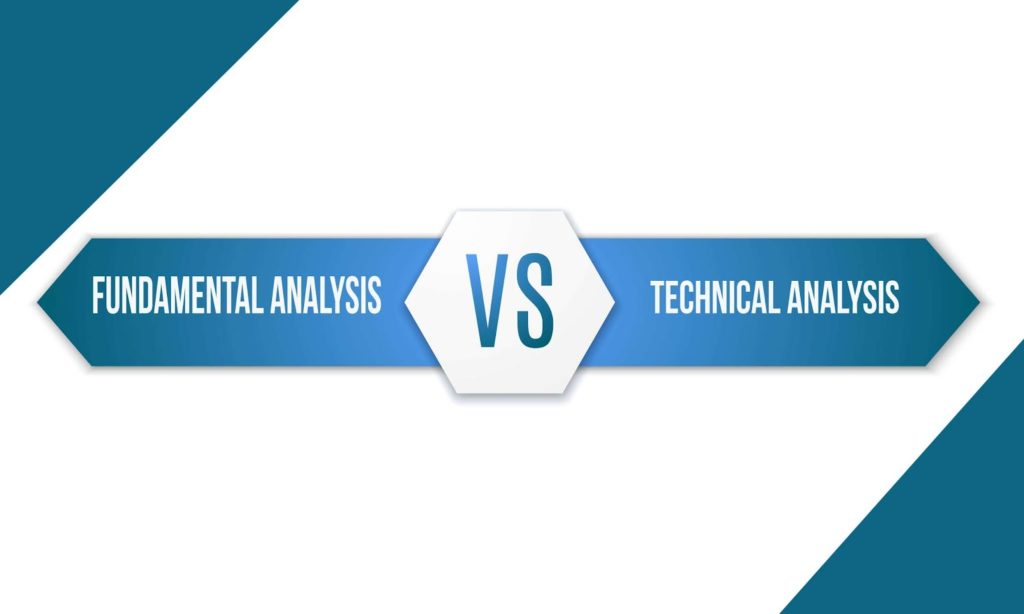Technical Analysis and Fundamental Analysis are the two main tools of trade that help in the assessment of financial markets. In Technical Analysis, the data representing stock price movements and volume are considered in order to forecast the future price movements; charts are mainly involved. Fundamental Analysis, on the other hand, takes into account, the economical and financial attributes that impact a business. Fundamental analysis is more concerned about calculating the intrinsic value of the stock. You need to get into the ins and outs to understand how these two methods can be used together.
Co-existence of Fundamental and Technical Analysis
Fundamental and technical analyses are regarded as two different approaches when it comes to analyzing securities. If an investor is greatly indulged in assessing the charts and scrutinizing the trends, he or she is behind technical analysis. Others investors depend on financials, development, and EPS (Earnings Per Share), which are the attributes of fundamental analysis. Different people follow different methodologies. Both have advantages and adversaries. Most of the traders use a combination of both these techniques.
The following table lists some of the facts about fundamental analysis and technical analysis that can help you understand what to consider and what do ignore:
|
Fundamental analysis |
Technical analysis |
Object |
Predicts stock prices based on the economy, industry, and company statistics. |
Mainly focuses on data |
Prediction of price movements |
Long-term approach |
Short-term approach |
Job of a fundamental analyst |
To estimate the intrinsic value of the stocks and buy them when |
To forecast the future price movements on the basis of the past price movements. He or she does not believe in intrinsic value and makes use of a variety of charts that represent price over time. Stocks are bought when the investors believe they can be sold for a greater price. An analyst looks backward |
Assumptions |
No assumptions whatsoever |
A technical analyst is based on various assumptions |
Decision-making |
The fundamental analysts decide after carefully analyzing the financial studies, demand forecasts, management quality, dividends, and growth (Does not wait for the market). |
A technical analyst responds to the market; what market has to say plays an important role in determining the stock prices. |

